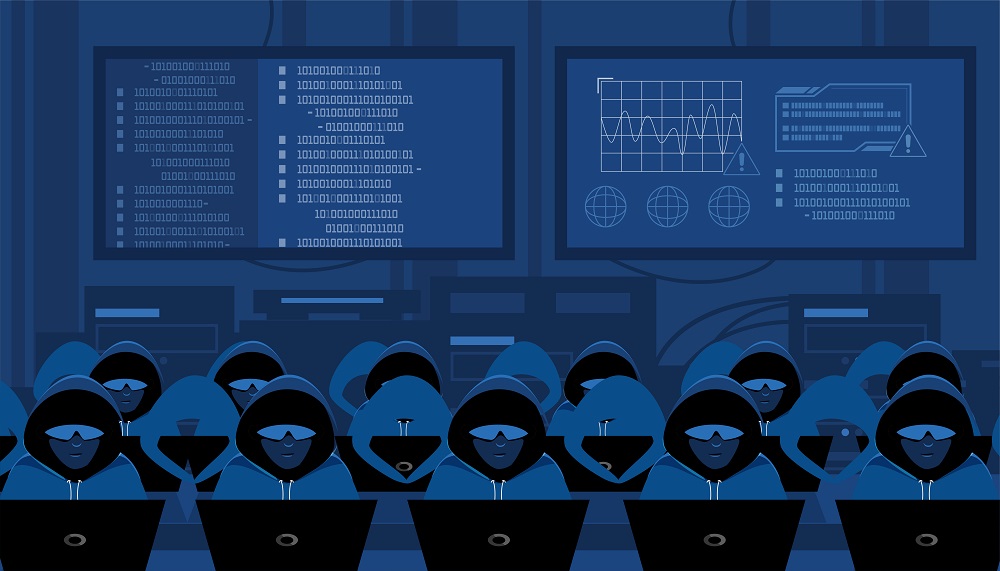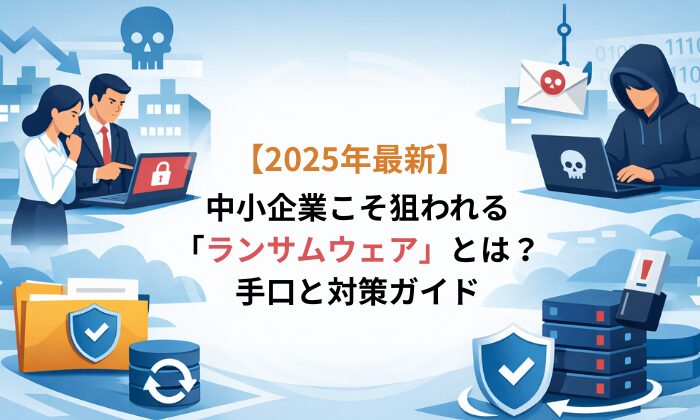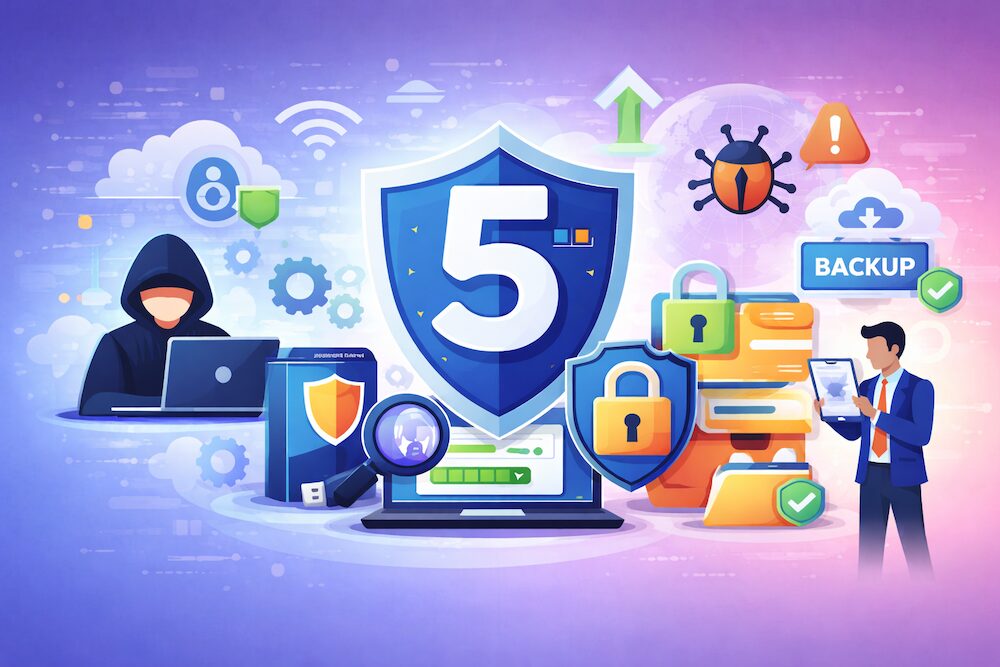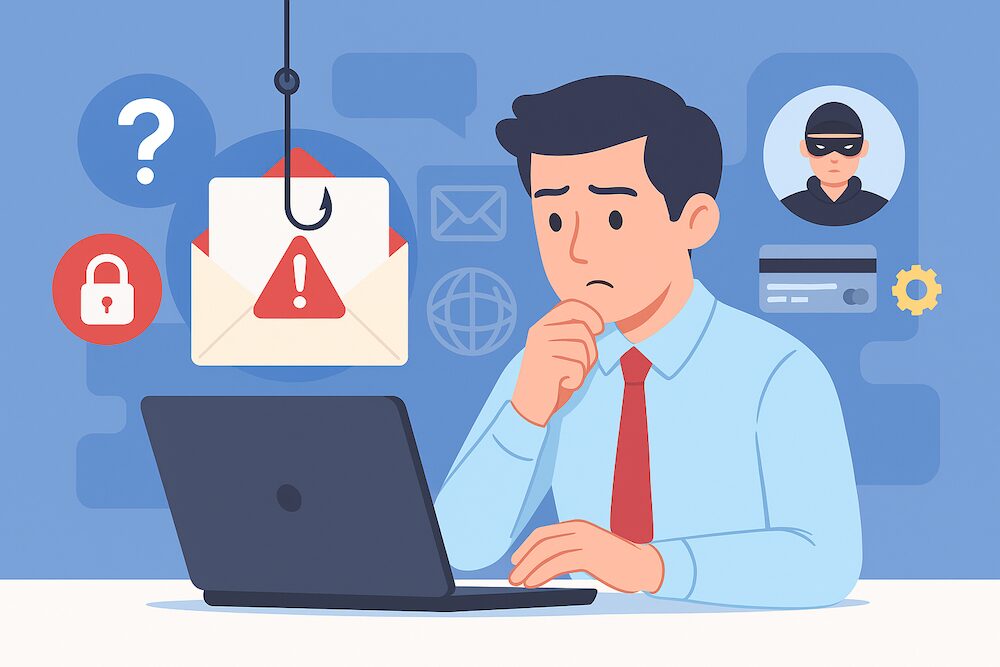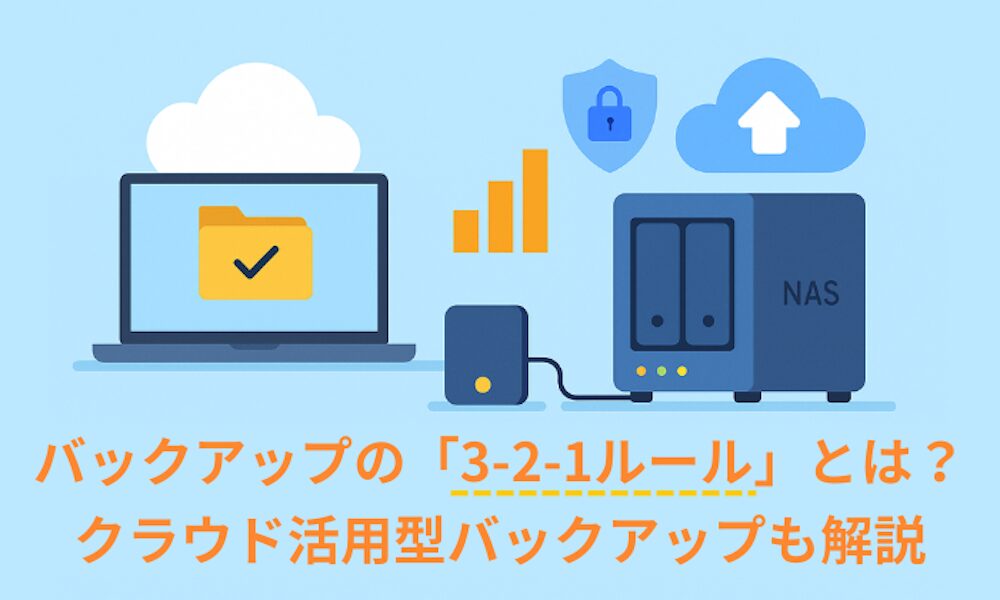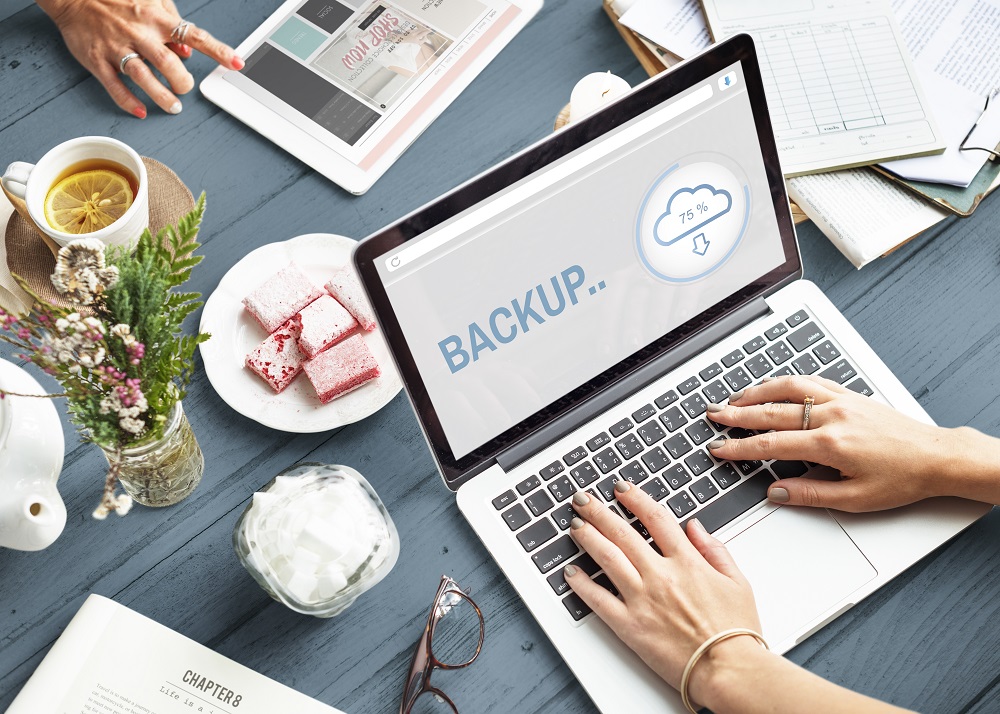Data is truly the lifeblood of modern business. Needless to say, this makes backups an essential part of company security measures. With an increasing reliance on data, more and more organizations have realized its importance and now have some form of backup system.
However, are you sure that your company’s or department’s backup strategy is sufficient? Unfortunately, many companies’ data backup strategies have not yet reached the level of “truly reliable” nor are capable of dealing with all the current risks and challenges.
In this article, we will look at four reasons why companies may need to rethink their backup strategies right now.
1. Data disaster risks are increasing every year.
Companies face growing risks of losing data. For a “normal” data incident that could happen in daily life, normal backup options may be sufficient. However, those measures will not be enough to deal with larger threats, such as natural disasters, theft, or cyber attacks.
In Japan, which is prone to natural disasters, such as earthquakes, typhoons, fires, and flooding, data loss to such unpredictable events is a definite possibility. If a major data incident occurs, it can have a devastating impact on your business. For the best possible protection, every company should consider adopting cloud backup services.
2. There is a growing threat of cyber attacks.
Cyber attacks are, sadly, no longer a rarity in the business world. Globally, countless new malware programs are detected every day, and 36% of all cyber attacks target small- and medium-sized enterprises (SMEs). According to a report by the Tokyo Metropolitan Police Department released in September 2021, 66% of ransomware victims were SMEs. In addition, 39% of those attacked reported that investigative and recovery costs exceeded 10 million JPY. The evidence is clear: cyber attacks are a very real and imminent threat.

Case study: Hackers send spam emails from FBI account
No matter how well you take precautions, unfortunately, it is still possible to fall victim to a well-designed cyber attack.
On November 13, 2021, hackers gained unauthorized access to the external email system of the FBI (the United State’s Federal Bureau of Investigations), considered to be one of the most secure organizations in the world, and were able to send tens of thousands of emails from an FBI email account. Although no malware was attached to the emails, it should not be so easy for professional hackers to break into a supposedly secure system.
This incident demonstrates how important it is for SMEs to protect themselves with secure backups.
Additional reasons for backups
Cyber attack preventative measures are not the only reason you should have backups.
3. Hardware failure is inevitable.
Traditional hard drives and tapes, which play a major role in many companies’ local backups, will eventually reach the end of their useful life. In addition, hard drives are very delicate recording media and can easily fail due to a variety of problems.
Relying on such a potentially risky backup method considerably increases the risk of data loss. In order to protect your data as securely as possible, it is extremely important to create a backup environment that does not rely solely on a local hard drive.
4. Technological advancements are accelerating.
Technology and trends are evolving and changing at an ever accelerated pace. According to a 2020 study conducted by Dell Technologies, the amount of data managed by companies has increased by 40% since 2018 and by 831% since 2016. Data management for companies will only continue to increase exponentially, and in order to keep up in terms of data volumes and technological advancements, companies must constantly replace and improve their equipment and systems. Therefore, choosing a backup system that is flexible and scalable can greatly reduce the time and financial cost of staying updated and secure.
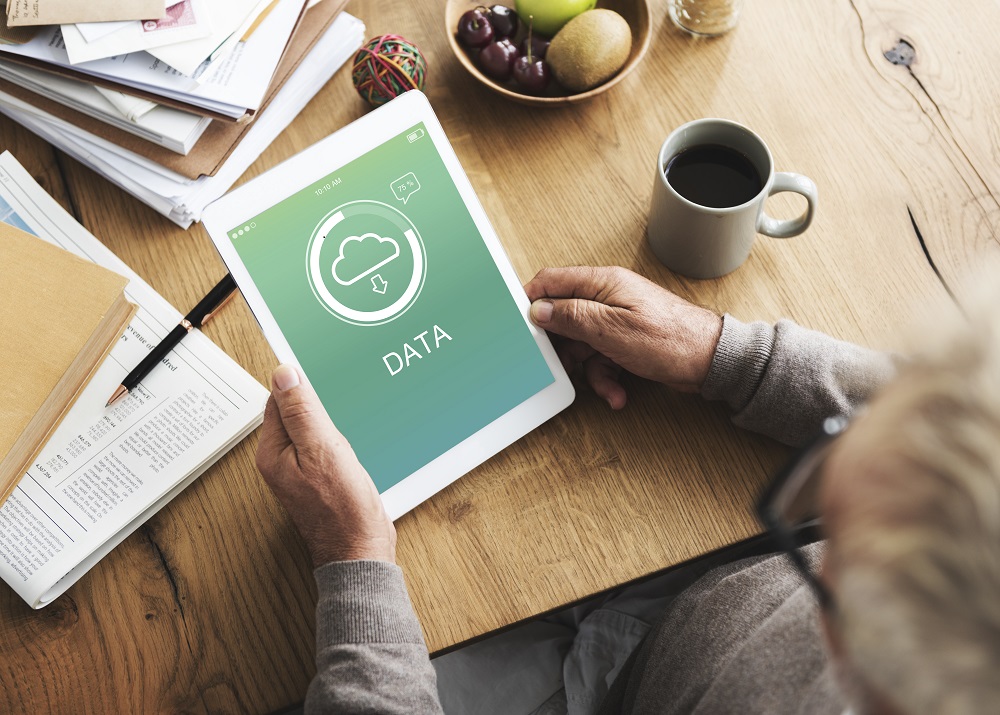
Daily backups: Lifeline in time of emergency
In one case study, a clicked link in a spam email installed ransomware software on an office computer. Soon, the company’s files on their server were encrypted and inaccessible.
The cybercriminals demanded a large amount of money from the company to regain access to the files. However, even if the ransom was to be paid, there was no guarantee that the files would actually be unencrypted. Therefore, the company contacted their cloud backup service provider and asked if they could help. Luckily, the cloud backup service provider was able to successfully restore all the data, and the ransom went unpaid.
How to respond to a cyber attack
If your computer or company has fallen victim to malware or a ransomware attack, the first step is to suspend your regular backup program. If you continue to backup your data as usual after the infection, there is a risk that pre-attack files will be overwritten by the infected or encrypted files.
If you have been backing up for a long period of time, you will have created multiple copies of your data, each of which will increase the chance of success of restoring your files.
It is imperative that you act now to protect your company and data from ever-evolving cyber threats.

Tsukaeru Cloud Backup
Regarding the four risks discussed so far, cloud backup is the most effective way to protect your data and company. For many companies, there is an urgent need to review and update their backup strategies. We highly recommend that you consider Tsukaeru Cloud Backup for a complete and reliable backup solution.
Protect corporate data from the ground up with advanced security
Tsukaeru Cloud Backup is the most powerful solution to protect your corporate data against natural disasters, hardware failures, and cyber attacks. With no required technical knowledge or complicated installation, the service can be easily set up in five minutes and ready for data restoration on a file-by-file basis.
The low price of 1,408 JPY per month (two-year contract) includes a 200 GB capacity for one PC and up to three mobile devices.
To experience the benefits of cloud-based backup, please contact us below for a free trial of Tsukaeru.net’s Tsukaeru Cloud Backup service.
Click here to learn more about Tsukaeru Cloud Backup.

Call toll-free: 0120-961-166
Office hours: 10:00-17:00




